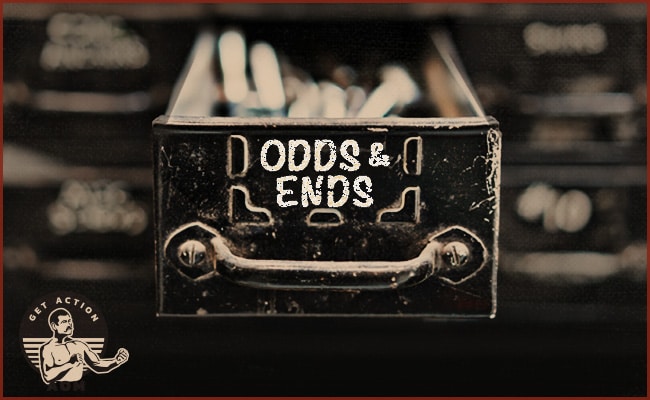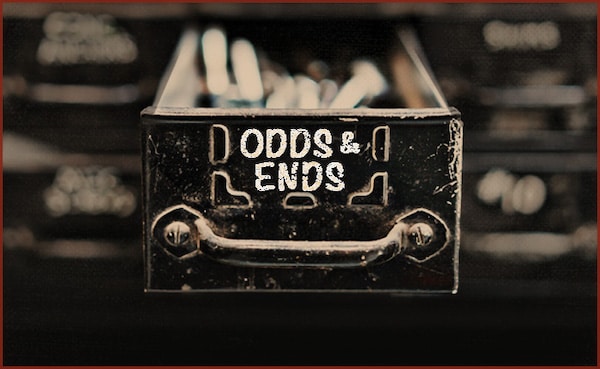
Seiko SRPG33 Field Watch. About four years ago, I embraced the Apple Watch. But lately, I’ve decided to go back to plain old analog watches. Why? For one thing, smartwatches don’t look very good, in my opinion. For another, they’re distracting. I’m a big proponent of putting away one’s phone during meals and conversations, since checking your phone makes you less present, and research shows that even the presence of a phone on the table makes people engage in shallower conversations, simply from the subconscious recognition of the potential to be interrupted. But I had to admit that checking the notifications that came across my watch had the same interrupting effect. I could turn them off, of course, but still wondered if the mere presence of the checkable device on my wrist siphoned off some mental bandwidth. Consequently, I’ve lately put the Apple Watch away and busted out some of my old wristwatches that I’ve had stored away in my treasure box. I also acquired a new field watch from Seiko. I’m a big fan of field watches, and Seiko makes a handsome one at a reasonable price. It’s been nice not being buzzed on my wrist by my Apple Watch and sporting a sartorial accessory that looks respectable to boot.
The Unending Allure Of High Mountains. It’s been said that people are either mountain people or beach people. I’m definitely a mountain person. I’ve always been drawn to the earth’s rocky peaks — gazing at them, hiking them, camping amongst them. One of my favorite things is driving west and watching the Rocky Mountains start to rise from the horizon as you get closer and closer to them. In an article for Noema, Henry Wismayer sets out to explain the allure of high mountains. You might think an article on mountains would be dry, but this longform piece was truly one of the best things I’ve read lately and kept me engaged from beginning to end. This bit resonated with me the most: “Sentinels of geological time, the peaks are often seen to embody a reassuring impassivity, aloof to the human ants playing in their shadow.” Whenever I look up at mountains, I always think, “These things were here for millions of years before me, and they’ll be here for millions of years after me.” Mountains are existentially humbling.
The Adjustment Bureau. In a time of conspiracy theories, here’s one you can get lost in without stress and partisan bickering. In this film from 2011, Matt Damon stars as a congressman who wants to be with the seeming love of his life (played by Emily Blunt), but is thwarted by a mysterious organization of operatives who are hellbent on keeping them apart. It’s a flick that combines a romance story with an action-thriller set-up and an unusually thoughtful plot that raises questions about fate, agency, free will, and divine providence. All with a whole lot of trilby hats.
Eating well and exercising may be as effective for treating depression as going to therapy. Numerous studies have shown that exercise is as, if not more, effective than both therapy and antidepressants in treating depression (and anxiety), and a recent study only confirmed this finding. In the study, half of participants participated in sessions in which they received guidance on nutrition and physical activity, while the other half participated in sessions of cognitive behavioral therapy, often considered the gold standard form of therapy for treating depression. Both groups saw a significant and about equal reduction in their depression symptoms (the reduction was actually a bit higher for the lifestyle intervention group). Depression is a complex thing, and diet/exercise may need to be combined with other treatments in a holistic, multi-prong approach to treating the disorder. But these studies demonstrate the connection between mental and physical health and may point to the veracity of the metabolic pathway theory of depression. As someone who’s struggled with depression myself, what I always like to say is that if you’re suffering from depression, but don’t regularly exercise, you haven’t yet begun to fight.
Quote of the Week
It is the calling of great men, not so much to preach new truths, as to rescue from oblivion those old truths which it is our wisdom to remember and our weakness to forget.
—Sydney Smith



